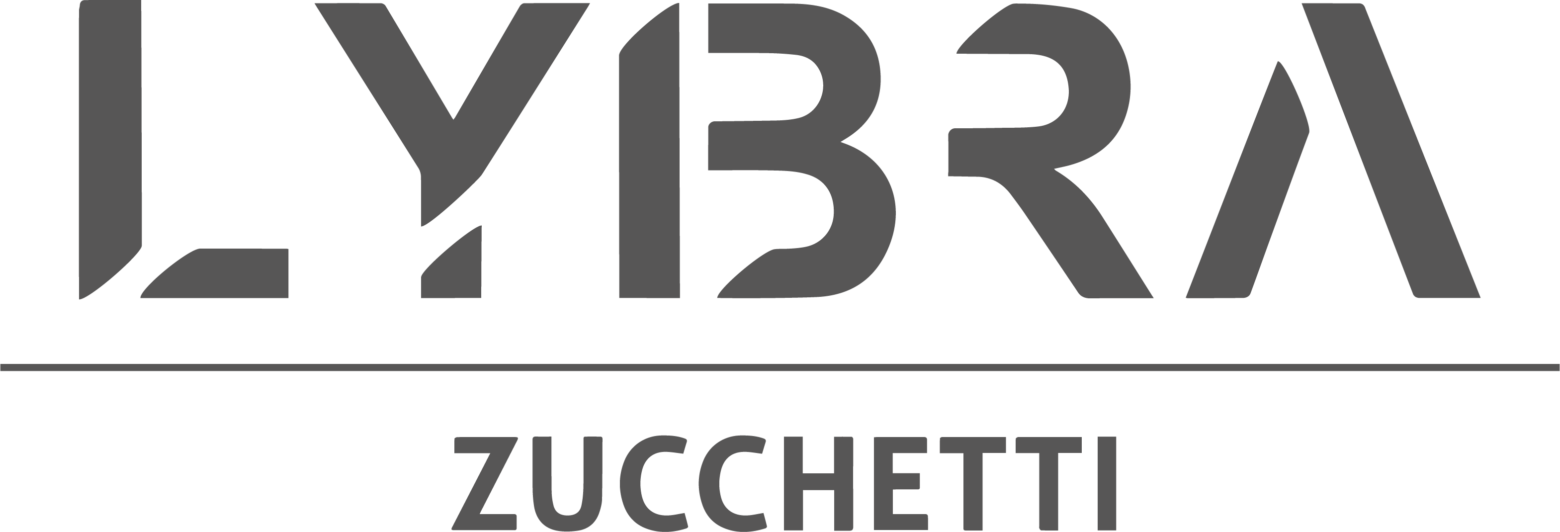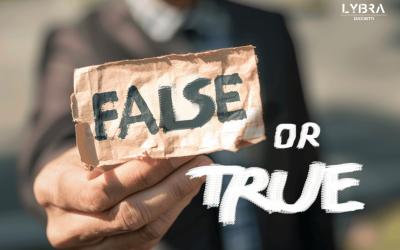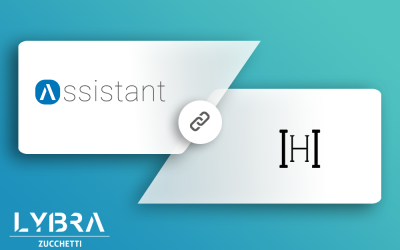Published by Kris Glabinski
Human beings follow two decision making processes: the conscious and the subconscious one.
The conscious mind decisions are based on semantic approach. We make decisions based on what we know, what we can analyse, believe, experience and what our philosophy in general is (knowledge, culture, education, external influence like from parents, colleagues, religion, media, social media).
The subconscious mind decisions are based on our instinct and feeling. Instinct is taking care of our safety. Feeling (or gut feeling) is trying to suggest us something before it even occurs.
To give you an example of how the mechanism of each of these decision making processes works, let’s think about such situation:
You are driving a car and suddenly the car in front of you hits breaks. Red break lights in front of you switch on immediately.
What do you do?
The conscious decision, based on data and calculations and conclusions and experience will affect your thinking process. It will go like: I was driving at this speed. I was so many meters behind that car. When I noticed the red lights, that means he is stopping. It could be just slowing down, but he may be stopping suddenly. By the look of it, I think the car is really stopping. I will justify that with a reason now. Probably he has noticed something in front of him, that required him to hit the breaks. Now I need to decide what to do. If I don’t make a decision, based on my beliefs, philosophy, a film seen on youtube or maybe even my own experience, I know I will hit the car in front of me. So then I start analysing what will be best way to stop?. Should I hit breaks? should I turn and bypass the car? do I have enough room to turn? Should I do both? Is there anyone behind me that can be affected with my decision and possibly hit me in the back? And then I make the conscious decision of what to do.
The subconscious decision based on instinct, bypasses all that thinking and analysing process above. Within fraction of seconds, after my eyes notice red lights in front of me, the impulse goes to my brain, triggers another impulse to my leg muscles and I hit the break. After that, my conscious will catch up and realise what has happened. Probably justifying the whole situation to be a very lucky one for me.
Now the subconscious decision based on feeling, would be a fraction of thought that can appear in my brain, with the feeling of something like “this car is weird, I better let him loose for a moment”, giving me a warning before even the situation happens. How?
It’s what Malcolm Gladwell explains in his book “Blink”. The feeling that we get when something is about to happen, that feeling when we meet someone for the first time, the same feeling that basketball players use during their fast moving game. In a blink of a moment a slice of thought comes before we know it. And that blink is more than 60% right.
The core difference between these decision making processes is time they require to actually make the decision. If I followed the conscious thinking process, I’d definitely hit the car in front of me. If I followed the instinct subconscious process, I’d probably be fast enough to stop the car before anything happened. And if I followed the subconscious feeling process, I’d probably avoid the whole situation.
What does that have to do with Revenue Management?
Let’s take the principles of human decision making processes, and apply them on our revenue management decisions.
The conscious decision to apply the price is based on semantics. Revenue Manager collects as much as data as possible. Historical reservations, competition prices, external factors. Through analysis he tries to group similar behaviours in similar situations, to conclude trends that help him calculate forecasts, to finally calculate optimal price for the forecasted customer/day.
It’s a very educated decision, thoroughly analysed and therefore justified.
The problem with it is the time it takes to conclude. And now, in pandemic situation, an extra problem occurs: lack of data enough for us to conclude. So this decision making process becomes ineffective.
This is true and confirmed by a small experiment.
Last year I have met with many Revenue Managers on my workshops. We did a small test. I have given every revenue manager (in total we tried this with over 50 managers) the same data for a period of time, which they needed to use to make the conscious decision for price suggestion.
In result 100% of managers did not make price decisions for all the days in time. 100% could not adapt to change in data that we brought during the test. 90% of suggested prices where different from each other.
Why?
The decision making processes explained above is the answer.
Because of lack of time and possibly not enough data, managers have started to use, what they called an “intuition” or a “feeling”. Which is the explained subconscious method.
The subconscious decision thinking took place when data and time was not sufficient.
Last year, when we did the exercises, my conclusion was, that revenue managers may as well use automated machine learning based systems to suggest them price.
Because they would be at least as good as their intuition or feeling, but based on educated data, fully analysed and 1000 times faster.
Today that learning gets a new meaning.
Because pandemic made the data unusable and prediction impossible, managers will need to either continue to use their instinct/feeling more than ever before.
There is also a second side of the medal. The customer decision making process. Which works the same way through consciousness or unconsciousness (instinct or feeling).
Taking into consideration the pandemic, customers will be cautious with traveling on one side and eager to catch up with the necessary travel on another.
Unlike Revenue Managers intuitive approach, Customers will make their decisions based on consciousness: what the government’s will opinion or allow them to do, on their knowledge about virus and potential further spread of it, hygiene needs, perception of safety and general situation.
The conditions for their conscious decisions will be personal (individual), different than before, different per country and possibly changing very often (even every day).
How to combine the two decision making processes to meet and optimise?
Artificial Intelligence in pricing calculations may be the answer. Fast learning, based on bigger than human can handle data, adaptable to situation in real time, self-learning algorithms.
Hotels applying such solutions will shift from intuition to AI, decreasing the risk, decreasing the time of reaction, effectively increasing the speed of decisions.
The role of the Revenue Manager will be similar to one that pilots of the aircrafts have. The pilot is the supervisor of AI based autopilot.
When conditions for customer consciousness will change dynamically, so will the decisions. Flexible rules will be the value that address such changes more than ever.
Separating non ref prices from flexible ones will be the method for price optimisation. To do that, Revenue Managers will need to stop applying fixed derivations between the two price plans and manage them separately. This will double the amount of intuitive decisions for a manger to make.
Which makes another reason to consider AI based technology that will optimise refundable and non-refundable prices separately.
The distortion that pandemic has created in hotel data, will require Revenue Managers to complement it with as much as market data as possible. This may make the intuitive approach more risky. The correlation of external data and incoming reservations pick up is very hard to be calculated, and impossible to be calculated on time, by a human being. Therefore intuition may take the level of… guessing. And when guess decision making comes in, it is always better to pass it to the AI based technology.
I think that Revenue Management in #tomorrow’s logic will have to apply AI based technology. It will not be a commodity anymore, but a critical investment.
And the case for such investment is very simple.
AI based price recommendations will be the best hotels can do and so, good enough to use them.










